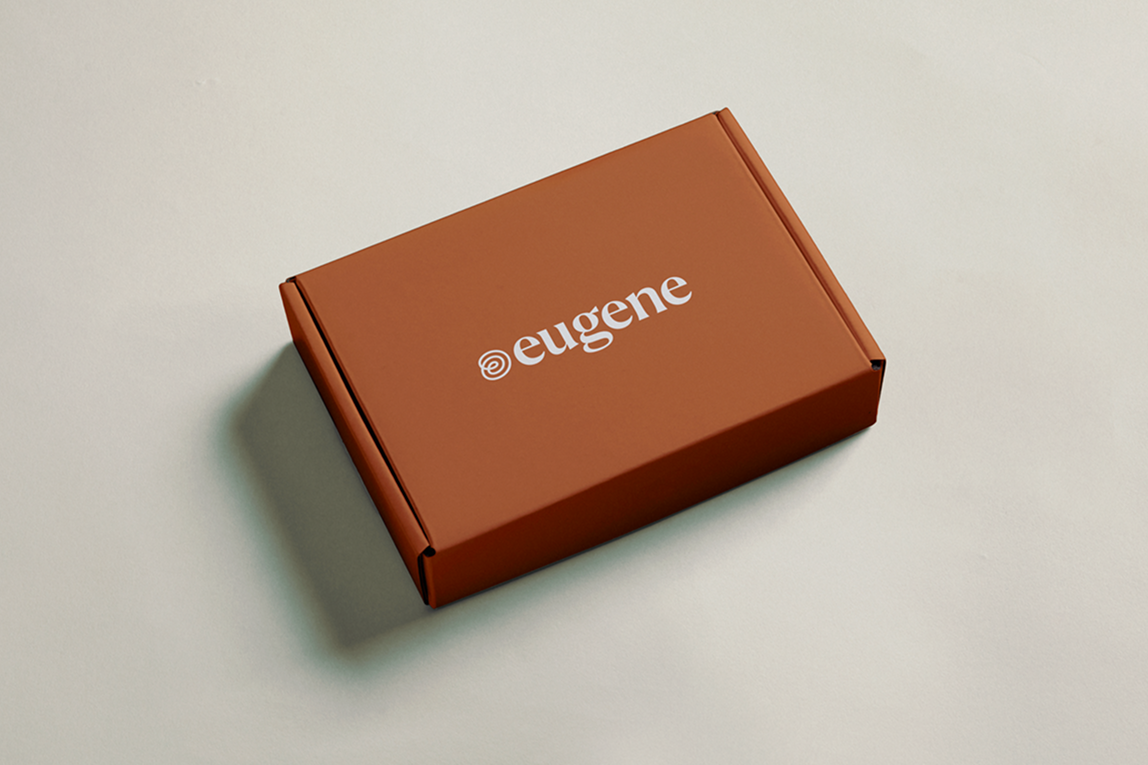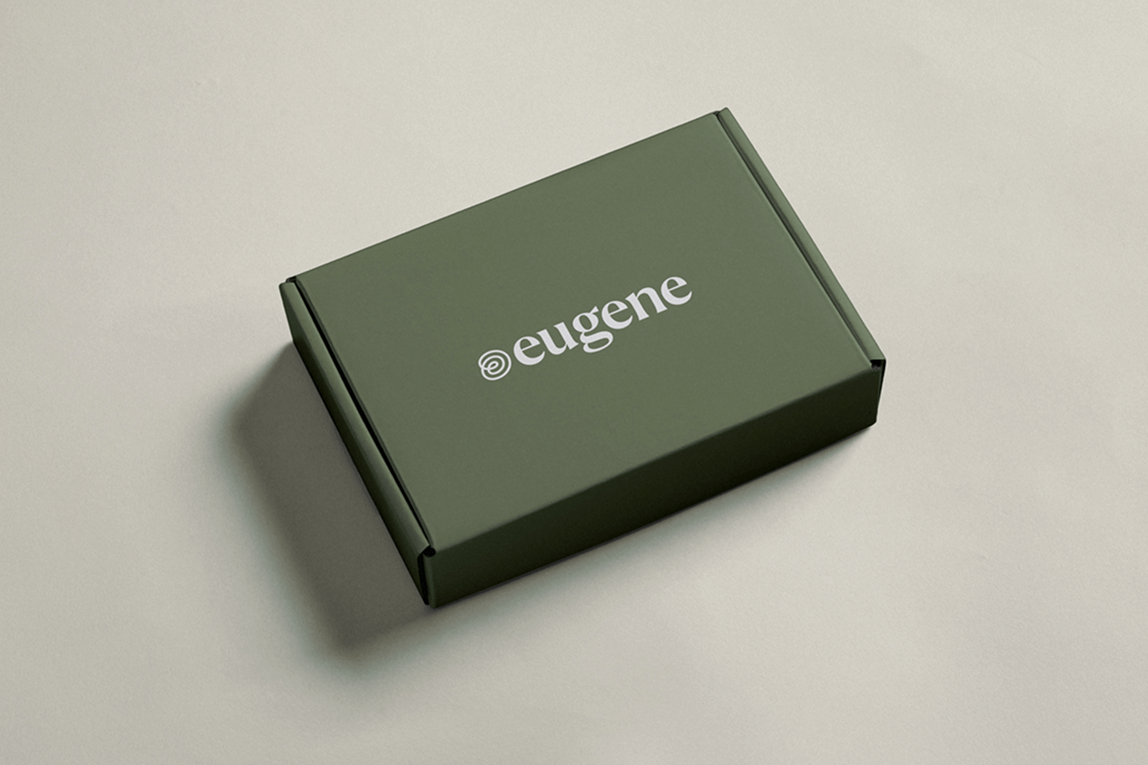Reproductive Carrier screening identifies couples at risk of having children with serious autosomal recessive or X-linked conditions. Eugene offers three levels of carrier screening to suit different clinical scenarios.
Both RANZCOG and RACGP guidelines state that information about reproductive carrier screening should be made available to people who are planning or in the first trimester of pregnancy. Eugene can support you to ensure your patient understand their options and feel empowered to take action based on their results.
Family history is important to share when referring patients for carrier screening as not all tests offer comprehensive sequencing of all genes.
1. Core Carrier Screening (Medicare rebates available for eligible individuals)
This test follows a tiered approach and starts with screening the female partner. If she is found to be a carrier of CF or SMA then her male partner is tested to determine reproductive risk. Turnaround time is ~4 weeks for females and an additional 4 weeks for males.
Screens for:
-
Cystic Fibrosis (CFTR): The carrier frequency of CF in caucasians is 1 in 25.
While over 2,000 CFTR variants exist, this test screens for 175 common pathogenic variants and will detect approximately 91% of carriers in the Australian Caucasian population. If your patient has a non-caucasian ancestry - consider a Comprehensive screening approach which uses NGS (next generation sequencing) to identify >99% of carriers. - Spinal Muscular Atrophy (SMN1): 1 in 41 people of Caucasian ancestry are carriers of SMA. The SMN1 gene copy number is detected using quantitative real time PCR to identify carriers of the common deletion. A limitation of this test is that Silent carriers (2+0) and other variants in the SMN1 gene will not be detected by this approach.
- Fragile X Syndrome (FMR1): It is estimated that approximately 1 in 250 women carry a pre-mutation in the FMR1 gene which increases their chances of having a child with Fragile X syndrome. In the FMR1 gene, when there are over 200 CGG repeats a person has fragile X syndrome. For context, the CGG repeat ranges are: normal (<45 CGG repeats), intermediate (45-54 CGG repeats), premutation (55-200 CGG repeats), full mutation (>200 CGG repeats).
In general, the higher the CGG repeat number, the greater the chance for it to expand in the next generation. The lab performs an additional test called AGG interruption testing when a woman is found to have a premutation between 55-69 repeats. This test helps clarify the likelihood the premutation gene would expand in future generations.
2. Couples Carrier Screening (620+ Genes)
This combined-risk panel evaluates over 620 autosomal recessive and X-linked genes and is designed for heterosexual couples where both partners contribute gametes. Instead of reporting individual carrier status, the analysis determines whether the couple shares a risk of having a child affected by any of the screened conditions.
This model supports informed reproductive planning, particularly for couples eligible under Medicare guidelines. However, it is not suitable for:
- Single individuals
- Gamete donor users
- Those who wish to understand their individual carrier status
Important exclusions. At the time of publishing this article some common conditions were not included in this gene panel, including: Gaucher disease (carried by 1 in 15 people of Ashkenazi ancestry), autosomal recessive forms of congenital hearing loss including GJB2 (connexin26) carried by 1 in 40 people of varied ancestry.
It is not currently possible to screen for genetic variations associated with Alpha Thalassaemia (HBA1/HBA2) due to sequencing limitations associated with the exome analysis. If your patient has haematological changes associated with a haemoglobinopathy (especially Alpha Thal) we recommend referring for Comprehensive carrier screening.
Please note variations in HBA1/HBA2 are very common in many populations. Including the Southeast Asian, Mediteranean and African American populations. In general it is expected that 1 in 18 people will carry a variation in these genes.
Alternatively you may consider a referral to a tertiary genetics service for consideration of full gene sequencing.
Please review the gene panel for more information.
3. Comprehensive Carrier Screening (780+ Genes)
Our most extensive option includes:
- Core conditions and high-prevalence diseases (e.g. Thalassaemia and recessive forms of congenital hearing loss.
- Rare but severe conditions (e.g., Duchenne Muscular Dystrophy, Canavan Disease)
- Ethnically relevant conditions for underrepresented populations (eg. Gaucher disease and Thalassaemia)
This panel uses next-generation sequencing (NGS) and targeted copy number analysis to deliver high sensitivity across diverse genomic backgrounds. It’s ideal for:
- Individuals from high-consanguinity communities
- LGBTQ+ families and gamete donor recipients
- Anyone seeking the most complete individual carrier profile
Please review gene panel for more information.
Referring is Easy
- Visit eugenelabs.com/pages/refer-a-patient
- Enter your patient’s details in under 60 seconds
- Our team contacts the patient directly, supports them throughout testing, and delivers results and recommendations you can trust
- Download the comparison table designed to help you identify the right carrier screening panel for your patients.
Have questions about which panel is right for your patient? We’re here to help: 📧 hello@eugenelabs.com
Together, we can deliver genomic healthcare that is proactive, personalised, and profoundly impactful.



